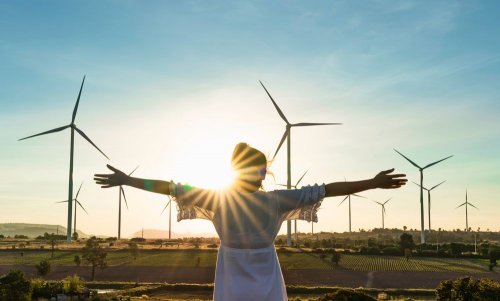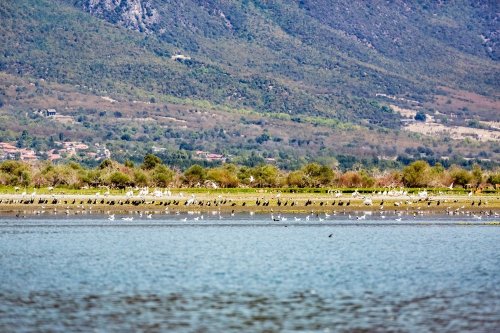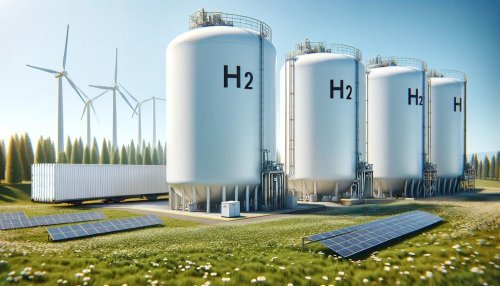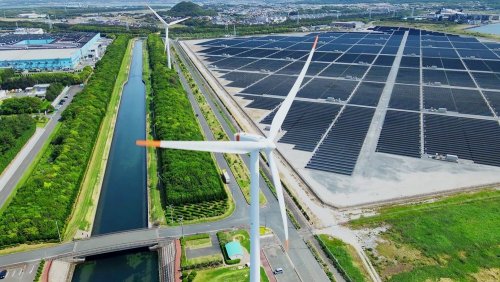The EU plans to expand the carbon emissions trading scheme to the heating and transport sectors.
The bloc also plans to create a new €87 billion Social Climate Fund to mitigate the impact on households and help them invest in environmental solutions, reports EURACTIV.
The material explained that the new price will apply to gasoline, diesel fuel and natural gas for heating. After all, despite attempts at decarbonization, emissions from the latter continued to grow for many years.
"This was perhaps the most controversial issue during the negotiations on the reform of the EU Emissions Trading Scheme (ETS), the largest carbon market in the world and the main instrument of the EU's climate policy," the authors emphasized.
The representative of the European Parliament, Peter Lise, emphasized that the most problematic issue at the negotiations was ETS2.
Negotiators agreed that a price on carbon emissions from the burning of fossil fuels in road transport and heating will be introduced in 2027, with a maximum price of €45 per tonne in effect until 2030.
Lise noted that such an agreement is larger than the European Commission had anticipated. After all, the new scheme includes "technological heat" from industrial activity, as well as office heating.
He added that agriculture and fisheries would not have to pay additional carbon costs because they were "sensitive" sectors. Also, trains running on diesel fuel will avoid taxation.
A study by the Potsdam Institute for Climate Research found that the new emissions trading scheme would increase petrol prices by up to 10.5 cents per liter and 12 cents per liter of diesel. Prices for heating fuels, including gas, fuel oil and coal, will also rise, hurting poorer EU member states that rely more on dirty fossil heaters.
In a statement, the European Parliament noted that due to the energy crisis, the new scheme could be delayed by a year, until 2028, if energy prices remain "extremely high".
"The preliminary agreement must now be confirmed by the EU member states and the European Parliament, which will hold a plenary vote in January or February," the authors explained.
They also noted that negotiations on the Emissions Trading Scheme for Buildings and Road Transport – known as ETS2 – have been delayed due to the political sensitivity of introducing what many will see as a new tax. To protect EU households from rising fuel costs, lawmakers agreed to introduce a new Social Climate Fund. It will start operating in 2026, a year before the new carbon price comes into force. The fund will be financed by the revenues received from ETS2, with 25% of the funding coming from EU countries.
"This is a balanced agreement that achieves the ambition we need to make the climate transition fairer and faster," said MEP David Casa.
He added that EU countries will have billions at their disposal to help vulnerable households and micro-enterprises.
"The Social Climate Fund will help vulnerable households during the energy transition, for example with vouchers for insulation or switching to greener transport options," explained Esther de Lange from the European People's Party.
However, Green Party MEP Michael Bloss emphasized that the fund is not enough to offset this burden.
Earlier, EcoPolitic wrote, that the EU negotiators reached an agreement on the Carbon Border Adjustment Mechanism (CBAM), which, among other goods, will cover the import of hydrogen.
As EcoPolitic previously reported, voluntary carbon market (VCM) plays an important role on the path to climate neutrality, which allows polluters to compensate CO2 emissions by purchasing carbon credits from projects to capture it from the atmosphere or reduce emissions. Forests are the biggest carbon sinks.





